How to Find a Pediatric Dentist for Your Child

Setting the Stage for Children's Dental Health
Finding the right pediatric dentist is crucial for ensuring your child develops a positive relationship with dental care early on. With unique needs and apprehensions that children may have, parents must choose a dentist skilled in pediatric care to support their child's oral health journey from infancy through adolescence. This guide will help you navigate the key factors in selecting an ideal pediatric dentist to provide a comfortable, supportive, and engaging dental experience for your child.
Understanding the Role of Pediatric Dentists

What is the difference between a general dentist and a pediatric dentist?
The distinction between a general dentist and a pediatric dentist primarily hinges on their training and specialization. Pediatric dentists undergo two to three years of additional training after dental school, culminating in a residency that focuses on child-specific dental care. This extensive training prepares them to cater to the unique dental needs of children, from infancy through adolescence, addressing both their developing dental structures and psychological requirements.
Pediatric dentists create a welcoming and friendly atmosphere in their offices. The decor often features bright colors, playful designs, and dedicated areas for children to play or watch cartoons, making the experience less daunting for young patients. They are skilled in handling dental anxiety in children, using techniques such as the "Tell-Show-Do" method to explain procedures in an age-appropriate manner.
Additionally, pediatric dentists offer essential services tailored specifically for kids, like early orthodontic assessments and treatment for dental injuries. This specialized approach ensures that children receive not only care tailored to their developmental stage but also instruction on maintaining good oral health habits, which can have a lasting impact on their overall well-being.
Additional Notes
- Pediatric dentists are trained to manage anxiety and provide comfortable experiences for children.
- Their offices typically feature child-friendly designs to ease nervousness during visits.
- They provide specialized services beyond those offered by general dentists, addressing the comprehensive health concerns of younger patients.
The Importance of Board Certification

What Does Board Certification Indicate?
Board certification in pediatric dentistry establishes that a dentist has undergone specialized training beyond dental school. This certification is granted after passing comprehensive examinations, signaling a commitment to high-quality care for children.
American Board of Pediatric Dentistry Standards
The American Board of Pediatric Dentistry (ABPD) sets strict standards for certification. This ensures that pediatric dentists possess the necessary skills and knowledge to address the unique dental needs of children, including those with special health requirements.
Benefits of Choosing Board-Certified Pediatric Dentists
Opting for a board-certified pediatric dentist carries numerous benefits:
- Assured Expertise: Certification reflects extensive training and ongoing education, indicating that the dentist is up-to-date with the latest pediatric dental practices.
- Quality Care: These dentists are trained to provide comprehensive care tailored to children's dental issues, ensuring a safer, more comfortable experience.
- Lifelong Learning: Board-certified dentists commit to continuing education, enhancing their knowledge and expertise, which directly benefits their young patients.
Selecting a board-certified pediatric dentist means ensuring your child receives the highest standard of dental care.
Creating a Child-Friendly Dental Experience

Office Environment and Staff Demeanor
Creating an inviting and comforting environment is essential for pediatric dental practices. Look for offices adorned with cheerful decorations, vibrant colors, and perhaps even play areas with toys or books to keep children engaged. Staff demeanor plays a critical role in this experience; friendly and patient staff can make a world of difference. Observing the interactions in the office can help gauge if the atmosphere is conducive to a child's comfort.
Techniques to Ease Children
Pediatric dentists employ various techniques to reduce anxiety and make visits less intimidating for young patients. One popular method is the ‘Tell-Show-Do’ approach, where the dentist explains procedures in simple language, demonstrates on a model, and then performs the action on the child. Additionally, utilizing kid-friendly tools and inviting children to familiarize themselves with the equipment can demystify the process.
Preparing for Dental Visits
Preparation is key to a positive experience. Parents can help by discussing the upcoming visit casually and encouraging their children to express their thoughts or concerns. Reading dental-related books, using role-playing techniques to simulate the visit, and explaining what to expect can significantly ease anxiety.
To ensure a positive dental experience for children, it's crucial to choose a pediatric dentist with experience in addressing children's unique needs. Preparing the child for their visit through role-playing, storytelling, and explaining what to expect helps alleviate anxiety. Creating a supportive and fun environment, such as allowing the child to bring a favorite toy and using child-friendly language, further enhances comfort. Parents should remain calm and positive, as their demeanor greatly influences the child's feelings toward dental visits. Regular check-ups and celebrating dental milestones foster good habits and positive attitudes, contributing to lifelong oral health.
Addressing Specific Needs in Pediatric Dental Care

What considerations should be made for children with specific needs when choosing a dentist?
When selecting a pediatric dentist for children with special health care needs (SHCN), several considerations come into play. Firstly, it is essential to evaluate the dentist's experience in dealing with diverse abilities. A pediatric dentist with specialized training will be more equipped to create a calming and accommodating atmosphere that caters to the individual requirements of each child.
Effective communication is vital. Parents should share comprehensive health records with the dentist to ensure tailored dental care. Utilizing preparation techniques, such as social stories that familiarize children with the dental process, can significantly ease anxiety and enhance the child’s comfort.
Moreover, timing appointments to occur when the child is most relaxed and alert can promote better cooperation. If necessary, sedation dentistry might be a viable option for those facing considerable anxiety, facilitating a safer and more manageable experience at the dental office.
Finding and Utilizing Resources for Pediatric Dental Care

Where can I find resources for finding qualified pediatric dentists, including online directories?
Parents seeking qualified pediatric dentists can utilize several helpful resources. A prominent option is the American Academy of Pediatric Dentistry (AAPD) website, which features a 'Pediatric Dentist Search' tool. This tool allows families to find local pediatric dentists by simply entering their ZIP code and the desired search radius. It's a straightforward method for accessing an online directory specifically focused on pediatric dental care.
In addition to locating dentists, the AAPD offers a wealth of educational materials. Parents can access brochures that cover important topics, such as how to choose the right pediatric dentist and common questions related to children's dental health. These resources equip parents with essential information needed to make informed decisions regarding their child's dental care.
How does Medicaid and CHIP cover pediatric dental services?
Parents should also consider that Medicaid and CHIP (Children's Health Insurance Program) provide extensive dental services for children, including routine check-ups, x-rays, fluoride treatments, and more. This assistance is crucial for families needing affordable healthcare options. Parents can apply for these programs to access free or low-cost dental coverage, ensuring that their children's oral health needs are met.
What role do community referrals play in finding pediatric dentists?
Community resources can significantly aid in identifying trustworthy pediatric dentists. Parents can seek referrals from their general dentist, pediatrician, or even friends and family who have experience with local providers. Additionally, online reviews can offer insights into the quality of care and comfort level at different practices—though they should be read with caution for unbiased feedback. Utilizing these resources, parents can ensure they find the best pediatric dentist suited to their child’s specific needs and comfort level, paving the way for a positive dental experience.
Navigating Your Child's Dental Journey
Ensuring your child receives quality dental care is vital for their long-term health and well-being. By selecting a pediatric dentist who understands children's unique needs, you can make dental visits a positive experience that fosters lifelong oral health. Remember to utilize resources such as the AAPD's online tools and consider board certification when evaluating potential dentists. With the right foundation, you can guide your child towards a healthy, confident smile.
References
- How to Choose the Best Pediatric Dentist for Your Child
- Find a Dentist | InsureKidsNow.gov
- 4 Tips for Finding the Best Pediatric Dentist for Your Child
- My Children's Teeth
- How to Find a Pediatric Dentist - Premier Dental of Ohio
- How to Find a Pediatric Dentistry Practice - Free eBook
- Your Child and the Dentist - Cigna Healthcare
- What is a Pediatric Dentist? - HealthyChildren.org
- AAPD | Home
- Best Pediatric Dentist for Your Child - True Dental Care







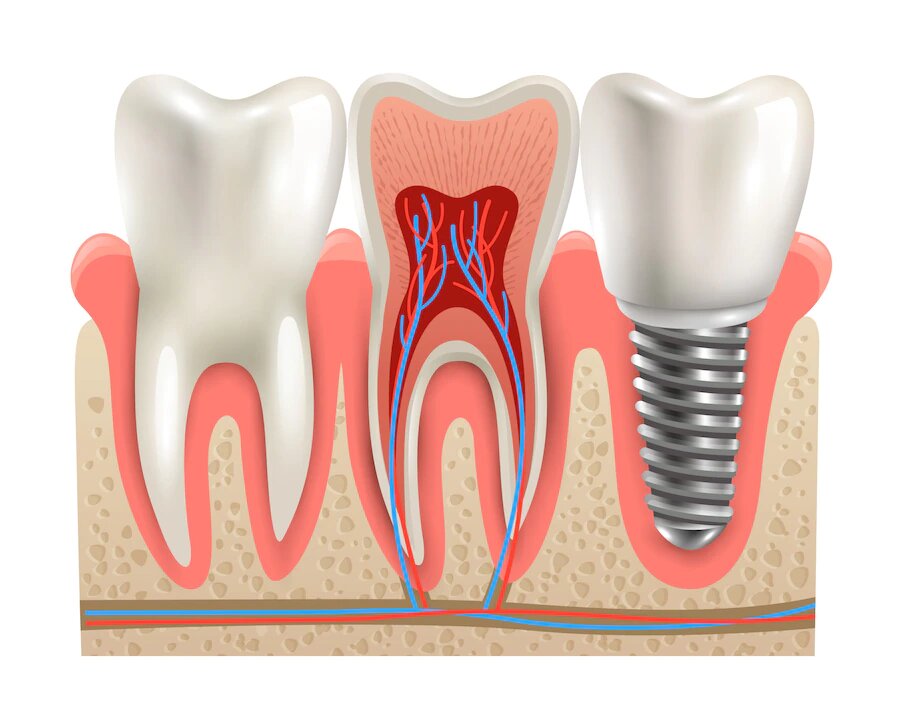

















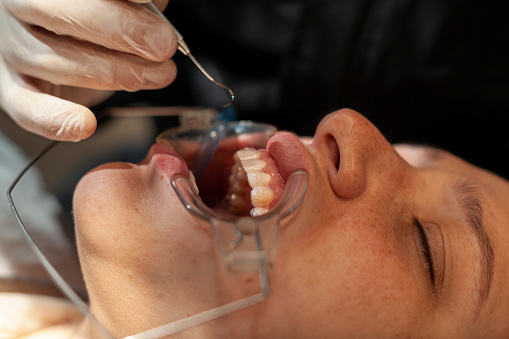

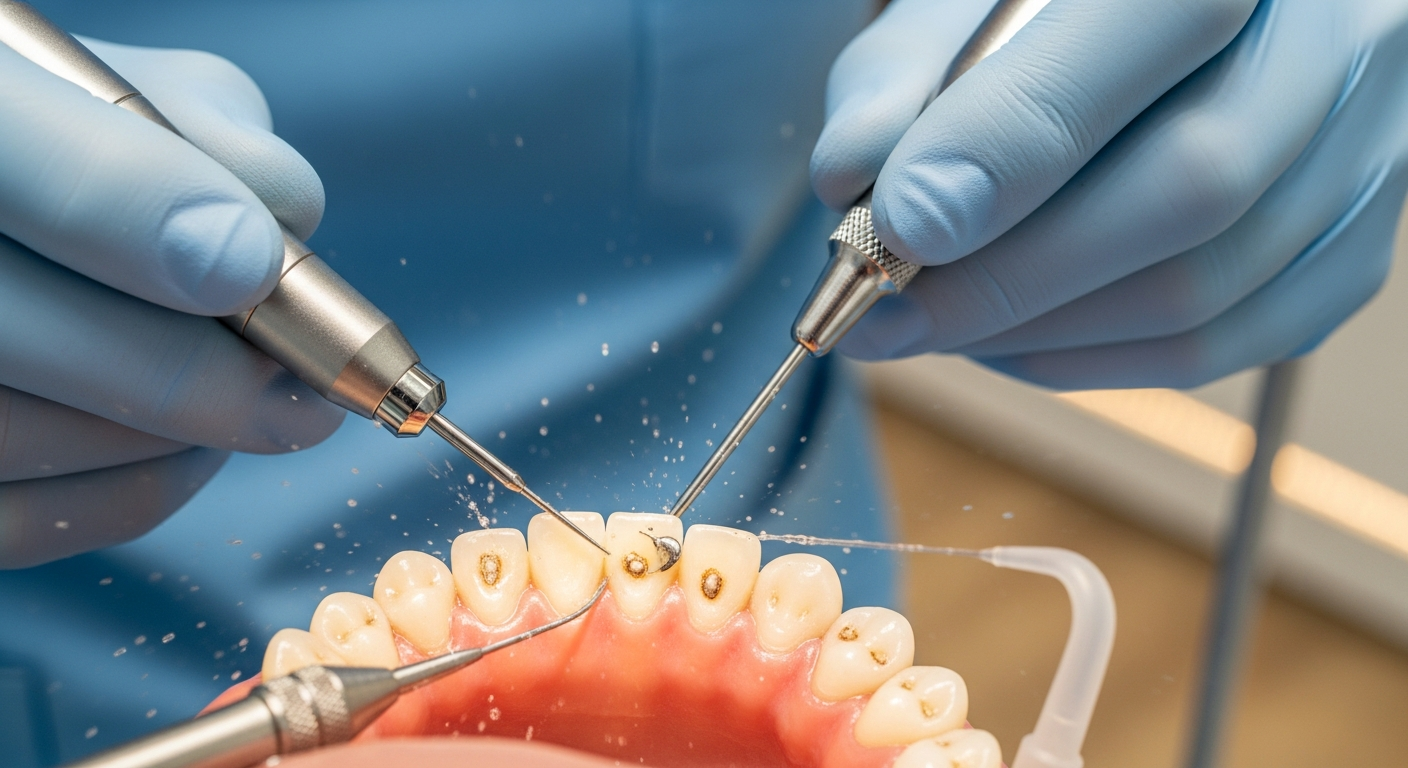


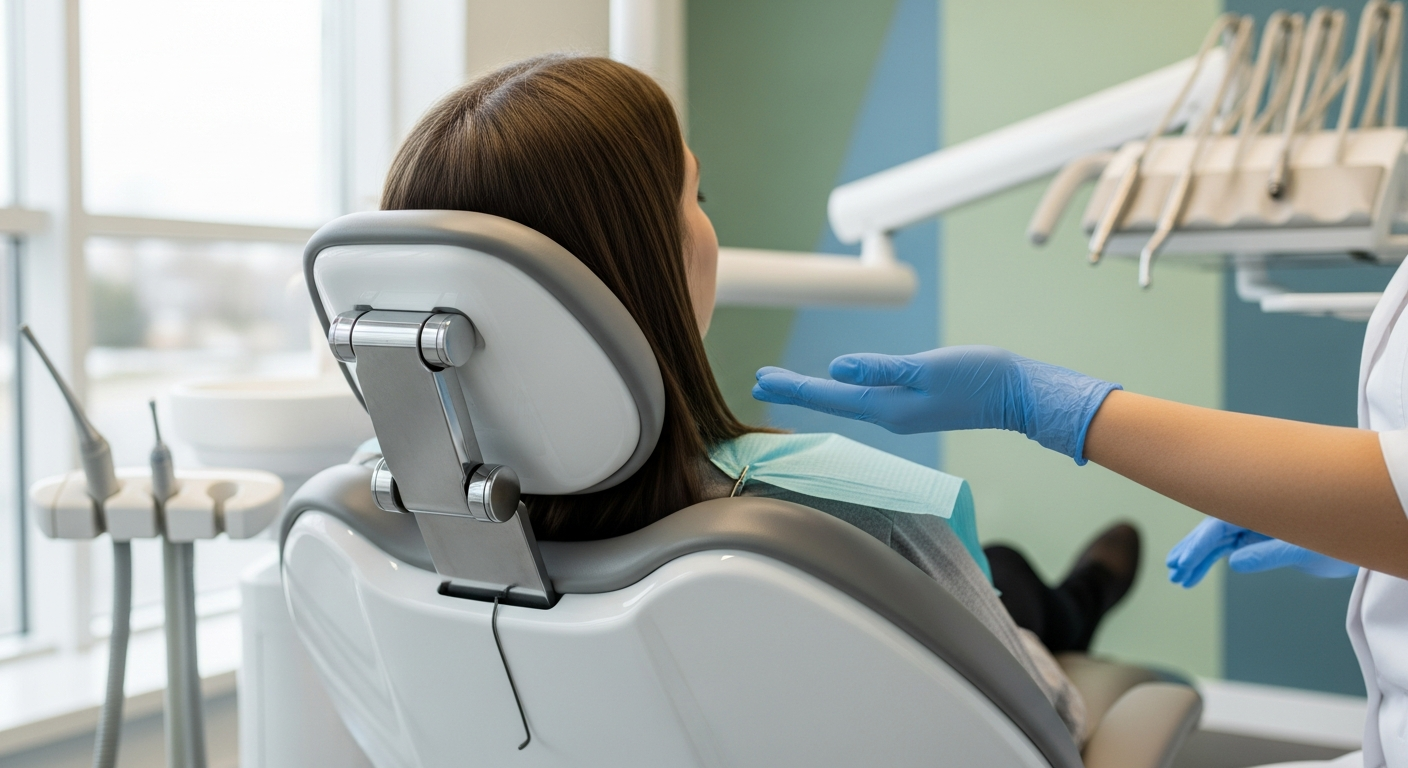


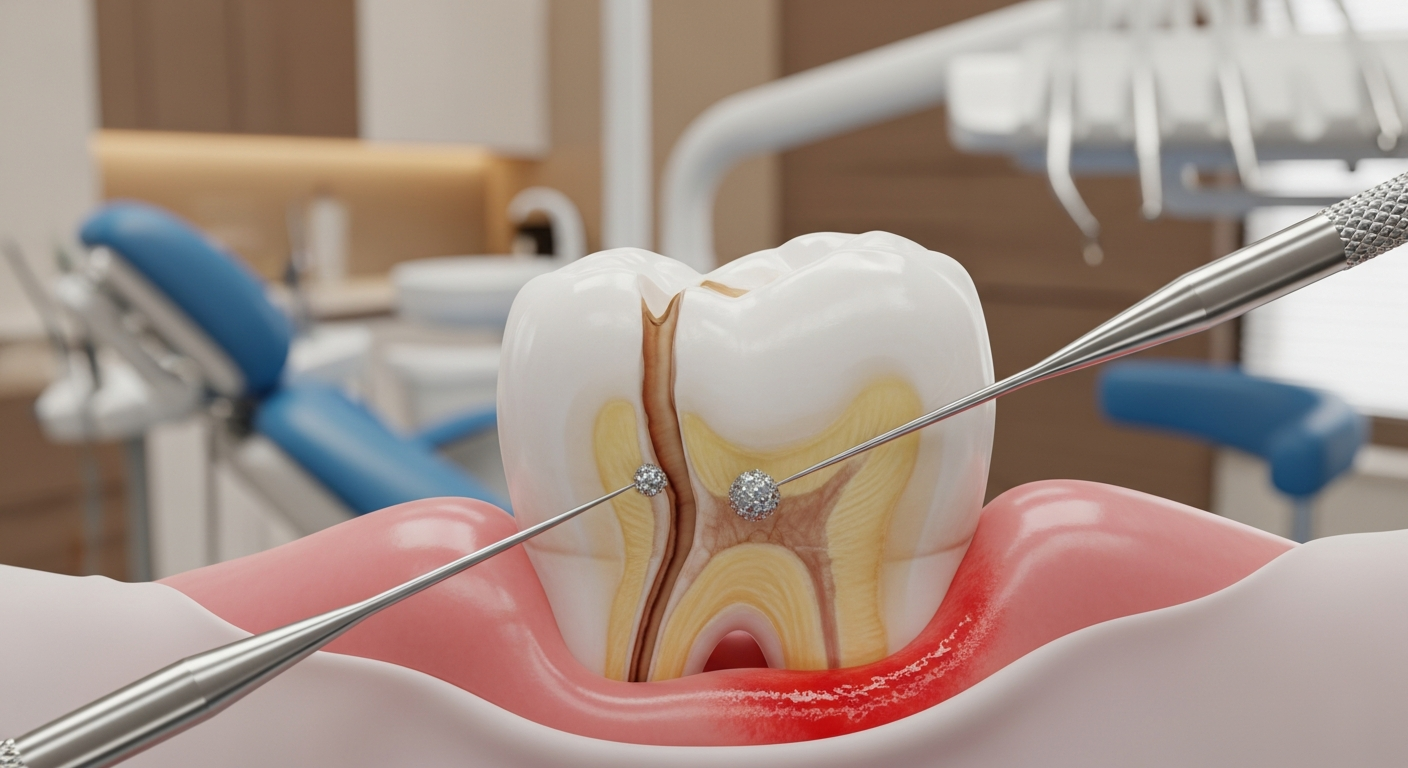




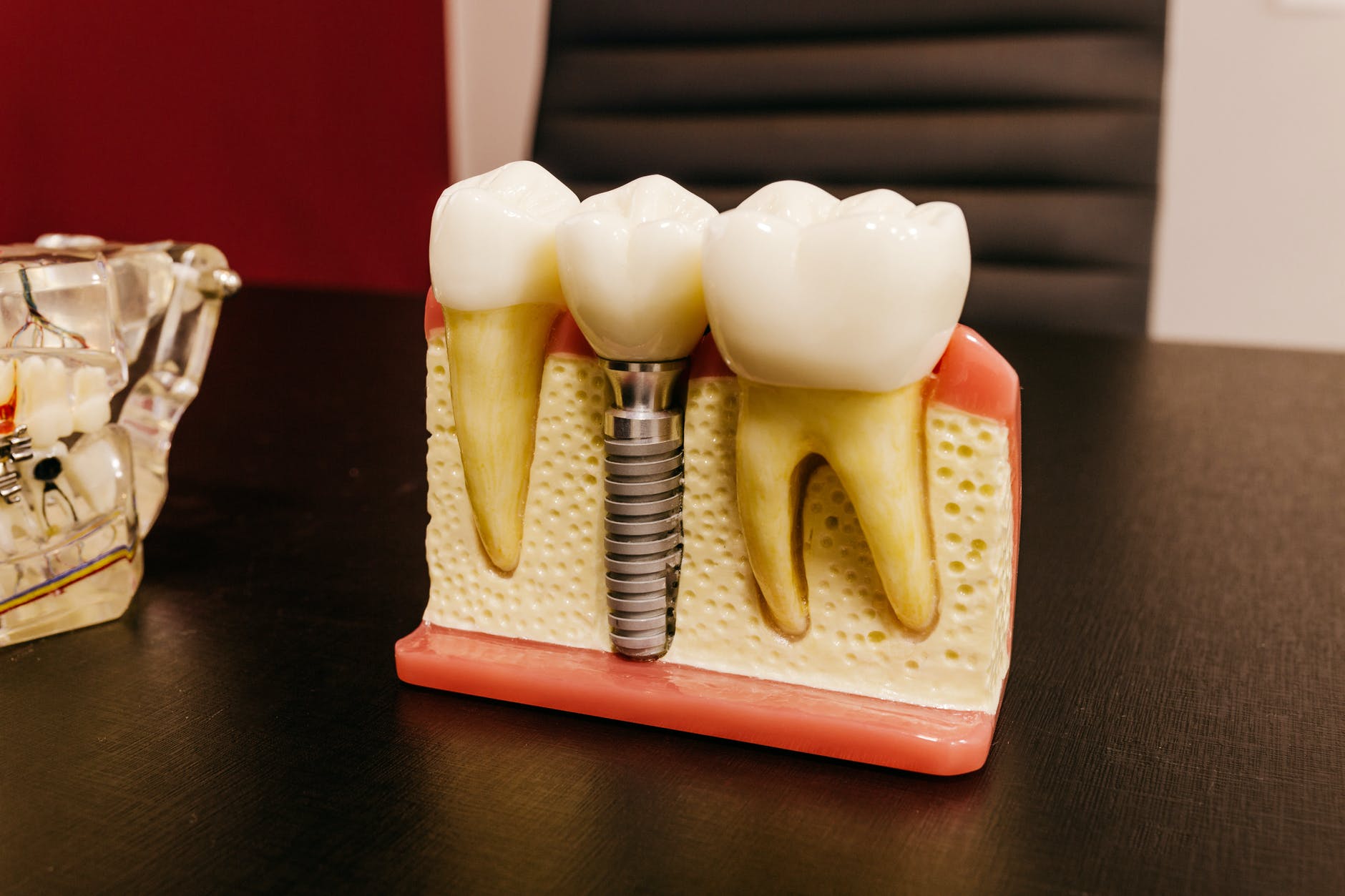


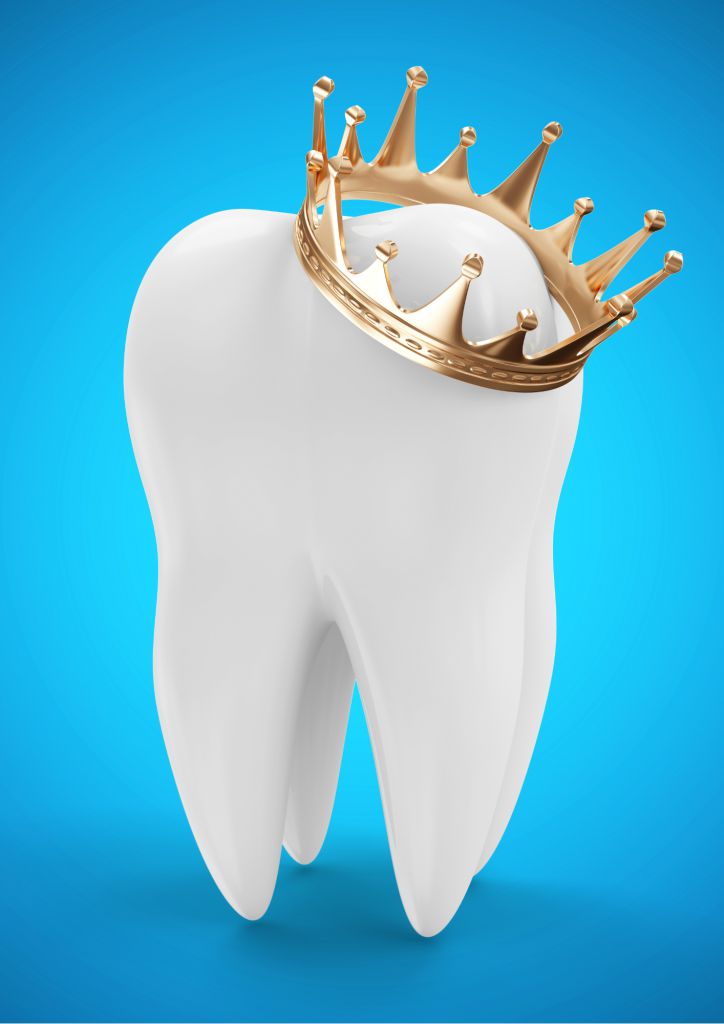







.avif)










.jpg)


















.avif)


















.jpg)


